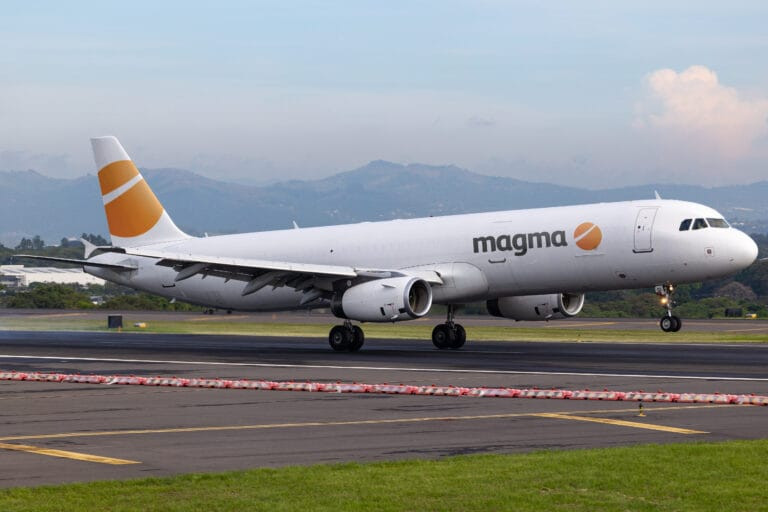The role of narrow-body freighters in the air cargo industry has progressed quickly in recent years, largely due to the introduction of new-generation freighters tailored to meet current logistics demands. Certain aircraft, like the Boeing 737-800 and Airbus A321-200, have been introduced with more fuel-efficient engines and optimised cargo configurations, making them ideal for short- to medium-haul operations while at the same time reducing significant environmental impact.
Due to the worldwide demand for greater efficiency and sustainability in industrial operations, these planes offer reduced fuel usage alongside quicker turnaround times, rendering it feasible to move small quantities across short distances.
Creating a more energy-efficient global operations
Aside from the fact that narrow-bodies are generally considered more sustainable and cost-effective due to their passenger-to-cargo aircraft conversion flexibility, their environmental benefits are another important factor. Operating a smaller aircraft on short and medium-haul routes reduces fuel consumption per trip and easily caters to a wide range of industries such as e-commerce and perishables that require a quick turnaround at a lesser space capacity.
New-generation narrow-body aircraft, such as the Boeing 737-800 and Airbus A321-200, take this efficiency to the next level. These new models are designed with advanced, fuel-efficient engines, improved aerodynamics, and lighter composite materials, resulting in significantly lower fuel consumption compared to older aircraft models. These improvements reduce greenhouse gas emissions, lower operational costs, and help operators meet stricter environmental regulations.
The introduction of new aircraft models makes narrow-bodies a more sustainable and competitive choice for certain markets with regional proximities and for organisations with a strong commitment to greener operations.
Narrow-bodies do not create a competition against the wide-bodies, it complements them
It’s generally known that both wide-bodies and narrow-bodies were designed to serve different purposes and serve different target markets. While wide-body freighters connect major global hubs and handle high-volume, long-haul shipments, narrow-bodies allow access to secondary airports and smaller markets with speed and efficiency.
These narrow-body aircraft serve as a regional feeder service, allowing operators to efficiently move cargo from smaller airports to major international hubs. For areas where there are limited flexibilities, this service allows the movements of shipments.
This balance between wide-body and narrow-body creates a more connected, flexible, and efficient system that meets diverse needs of the market while maximising reach, speed, and reliability.
Regional trends with new generation aircraft
In Europe and the Middle East, narrow-body freighters have become an increasingly important part of the cargo industry. New-generation freighter like the Boeing 737-800 and Airbus A321-200 are making an important role in regional operations as they are design to be more fuel-efficient, has lower emissions, and offers the flexibility to run flights between busy trade hubs within the region where infrastructures are highly-developed and the demand is consistently high.
Meanwhile in Africa, narrow-body presence has been consistently growing in the previous years but, still remains more limited due to some geographical dynamics and limited airport infrastructure. However, narrow-bodies are slowly carving out their place as new freighter models are being introduced to the market allowing more cargo volume and longer range compared to existing freighters in service.
Magma leverages decades of regional market expertise, creating more lucrative opportunities
As global demand for regional and long-haul cargo continues to grow across several industries, Magma Aviation understands how to integrate narrow-body aircraft into a global network in a way that complements wide-body operations. With the strategic combination of both, Magma offers customers better connectivity with faster, tailored, flexible, and more sustainable transport solutions.
Honed by almost two decades of extensive global experience, Magma’s global team continues to offer tailored global freight solutions, helping businesses across the globe transport their goods effectively and efficiently.





